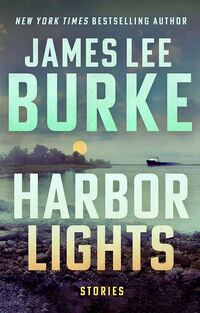Cut and Thirst by Margaret Atwood
 Wednesday, May 1, 2024 at 10:38AM
Wednesday, May 1, 2024 at 10:38AM 
Short story published by Amazon Original Stories on May 1, 2024
Fern has MS, for which her three old (pardon me, “older”) friends blame eight men — or is it nine? — who caused her so much stress that they put her in “a wheelchair rolling downhill to the morgue.” The women plot revenge and since they are well educated, they quote Macbeth. The women all taught at universities at some point, but Myra wonders why anyone would want to teach these days, with students so eager to “rat the professors out for the slightest verbal misstep.” Look at Chrissy, who was mobbed on social media as being anti-woman for teaching ’Tis Pity She’s a Whore. Never mind that she chose it as an example of misogyny. In Myra’s view, kids today only want to study literary works in which everyone behaves perfectly all the time. “How French Revolution of them,” says Leonie. The story makes clear the difficulty of walking the line between sensitivity to the feelings of others and the excessive demands of expressive conformity on college campuses.
Amusing digressions to comment upon the state of the world (and the new cheeses they try during their weekly meetings) occupy more of the story than the plot to murder eight men (or is it nine?). The women all began their careers in the literary world (mostly as proofreaders), writing for each other in the hope that their work might reach a larger audience before opting for academia and steady paychecks. They still have connections in that world, mostly to the authors with whom they slept, but Fern is the only one who earns a living writing books.
Back to the plot. The eight or nine men savaged an anthology that Fern edited because she decided not to include a story by Humphrey Vacher, an affluent and conceited author who owns a few small press publications, the only publications that will consider their work. Because they owe Vacher, they trashed Fern’s work on the ground that it appealed to “the sloppy middle-age women and easily duped teenage girls” who are the reading public. They even condemned it as “girly,” a term they wouldn’t be allowed to use today.
Coming up with a successful assassination plan proves to be challenging. “Their respect for murderers is increasing: not so easy, this murdering business.” Ultimately they settle upon a workable revenge scheme that, naturally enough, does not go as planned.
The women learn that revenge, when served cold, might no longer have a purpose by the time it is executed. Which leads to the lesson that revenge is better left unserved. That’s always a lesson worthy of illustration, and Margaret Atwood does so in an enjoyable story that mixes amusing characters, pointed insights, and a few laugh-out-loud moments.
RECOMMENDED



